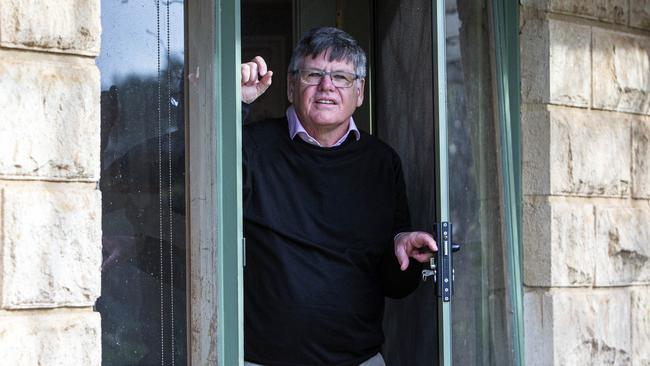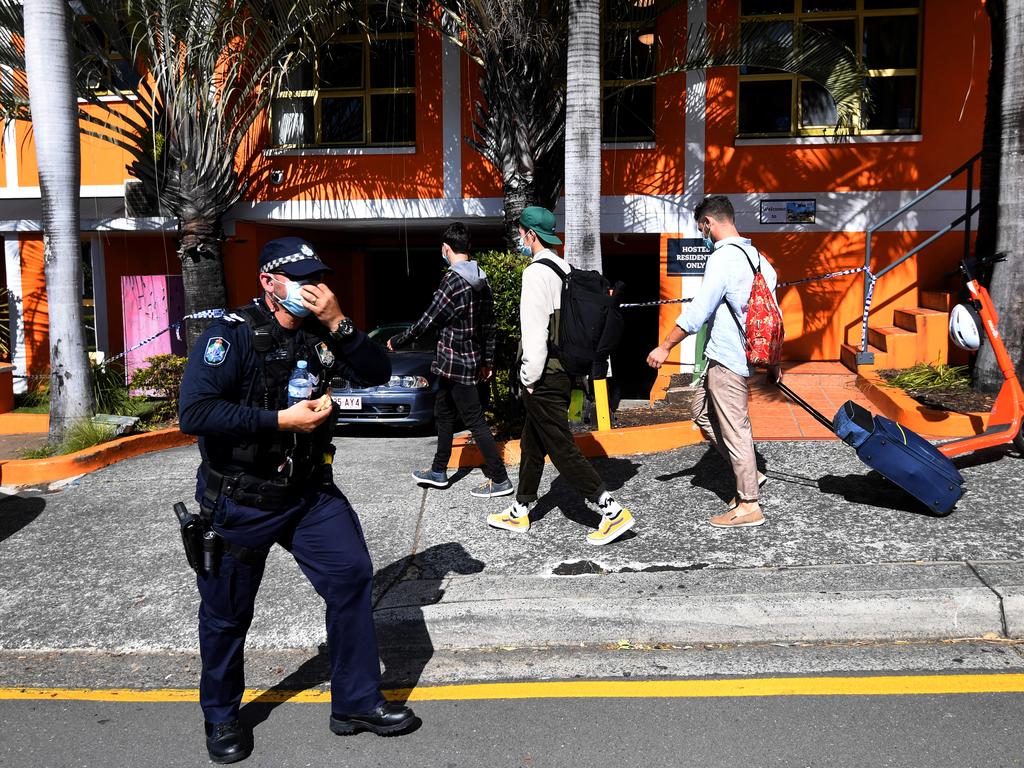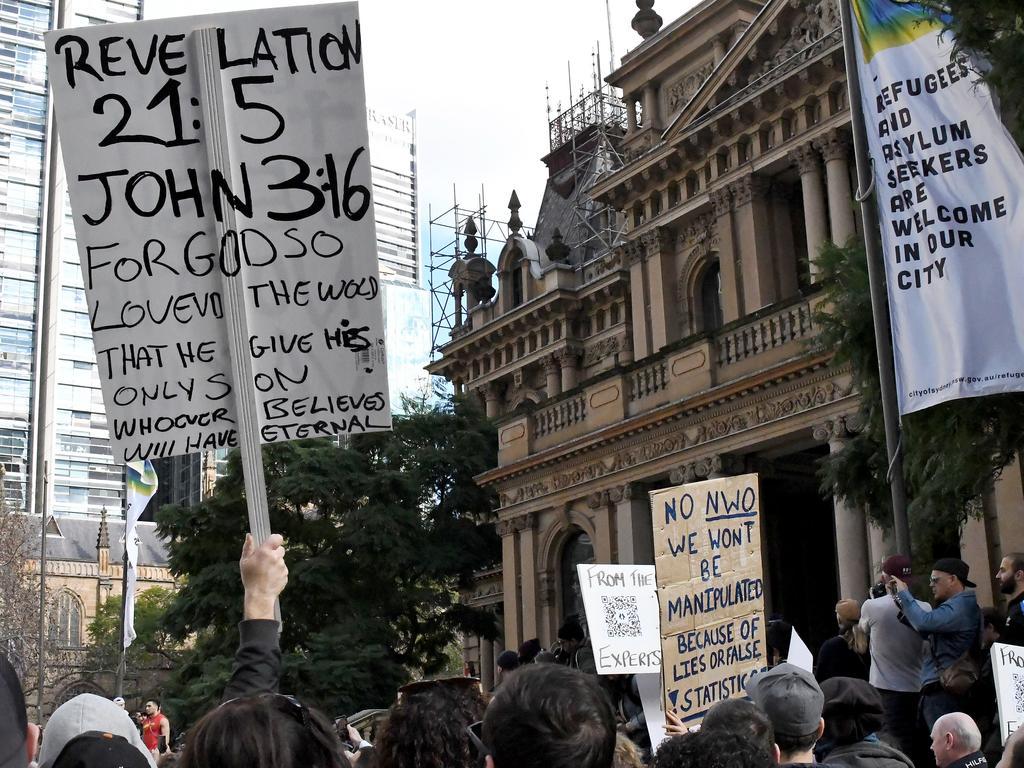Call for schools to inoculate their own staff
Fears over the Delta variant of Covid-19 have sparked calls to urgently vaccinate teachers and school staff.

A Victorian school principal who has been grappling with the fallout of a serious coronavirus outbreak has called for schools to be able to vaccinate their own staff, urging governments to remove the “red tape” so “we can get this done”.
Andrew Neal, the head of Bacchus Marsh Grammar on Melbourne’s western fringe, is currently quarantining at home as a precaution after the coronavirus seeded during a staff training day on July 12.
Seven teachers, four students and five family members have been infected so far, with one teacher currently being treated in intensive care in hospital.
For the veteran school principal, the confronting experience has rammed home the importance of vaccination.
“We do flu injections each year and try to encourage a culture of vaccination within the school,” Mr Neal told The Australian.
“Teachers, because of the nature of the job and the fact that they come into contact with so many people on a normal day, really need to be a priority in terms of vaccination.
“And I think there should be an expectation that they go and get vaccinated. To not vaccinate is just putting the whole functioning of schools at risk.”
Recent outbreaks in Melbourne and Sydney, and the relative speed at which the Delta variant has spread through school communities, has turned up the dial on the issue of teachers and vaccine eligibility, with the education unions calling for teachers to be deemed a nationwide priority for vaccination.
The NSW government this month prioritised teachers in the Fairfield, Canterbury Bankstown and Liverpool local government areas affected by the outbreak. However, others across Greater Sydney and in other states have been required to wait until they become eligible according to the vaccine rollout schedule.
As of a month ago, Department of Health advice to education departments was school staff aged under 40 were eligible to book a vaccine under a phase 1b priority group provision in the event they worked within 1.5m of students living with an underlying medical condition or a significant disability. The provision applied to both specialist and mainstream schools.
And while the recent decision by Scott Morrison to pave the way for adults under 40 to access the AstraZeneca vaccine – previously recommended only for over-60s due to the elevated blood clotting risk – has been broadly welcomed, school principals have reported that some younger staff have been turned away by their GPs when requesting the jab.
Mr Neal said it was frustrating that the AstraZeneca vaccine, which he described as the “workhorse vaccine overseas”, had been subjected to a “trashing”.
“In the early days we thought we would circumvent all this by purchasing vaccines for our staff and having them administered on site by our normal provider for the flu vaccine,” he said.
“Of course it was a rigmarole, with no vaccine available at the time and too much red tape.”
However, with the resurgence of the virus and growing availability of the locally manufactured AstraZeneca vaccine, Mr Neal said he was keen to revisit the idea.
“We would be more than happy to vaccinate ourselves, our staff and members of our school community,” he said.
“Teachers can do the maths and they realise the risk factors regarding AstraZeneca. Most want to be able to get a vaccine so they can play their part. Let’s stop the mucking about and get this done.”
Independent Schools Victorian chief executive Michelle Green said the recent outbreaks suggested “a need for greater flexibility in the way the vaccination program is delivered”.
“Allowing vaccines to be administered on site at schools, as they are for the flu, is one way of getting more people vaccinated sooner,” Ms Green said.
“Workplace vaccinations would reinforce the collective nature of the response to the pandemic, provide reassurance to staff, and make it more convenient for them as well.”






To join the conversation, please log in. Don't have an account? Register
Join the conversation, you are commenting as Logout